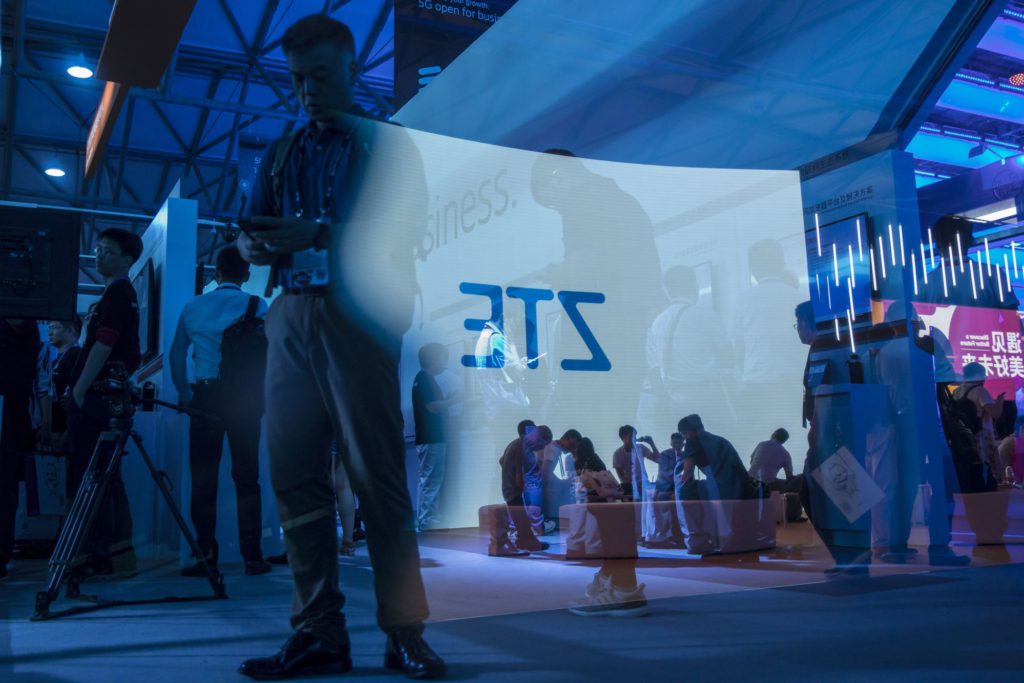(Bloomberg) — An American court found that ZTE Corp. again violated U.S. laws by committing visa fraud to get employees into the country, but ruled the Chinese networking giant should still be allowed to end a five-year probation for violating American sanctions.
The U.S. district court judge in Texas cited substantial evidence to support an indictment against the company for conspiracy to commit visa fraud. The case alleged Jianjun Yu, director of a ZTE laboratory in Morristown, New Jersey, worked with a professor at Georgia Institute of Technology to secure J-1 visas for six people under false pretenses.
Under the arrangement, Yu identified individuals that the university would sponsor for the visas, which were supposed to be for teaching, studying or doing research at the school. Instead, the six people worked at the company’s New Jersey facility, according to door logs and housing leases that a special agent for the Federal Bureau of Investigation presented as evidence.
“It is fair to say that these J-1 Visa holders were rarely, and sometimes never, in the Georgia Tech lab,” the judge wrote.
Still, the judge in Texas ruled that there were mitigating circumstances that weighed against “resentencing” ZTE, including the work of a dedicated team that’s been monitoring its activities since around 2017. The government should pursue any further criminal or civil charges, the judge added, citing potential areas such as compliance with exports of controlled items at ZTE affiliates.
The lifting of American scrutiny marks a milestone for ZTE, a distant runner-up to Huawei Technologies Co. in the world’s biggest telecom arena that’s struggled to revitalize growth. Washington banned exports of American technology to the company after accusing it of violating Iran and North Korean sanctions, a moratorium that threatened to bring ZTE to its knees because U.S. designs are fundamental to virtually all telecom equipment.
The incident, which pre-dated similar tech-export curbs imposed on Huawei, may have served as a template of sorts for subsequent actions against Chinese tech giants from Semiconductor Manufacturing International Corp. to Hikvision. ZTE’s shares were halted in Hong Kong and Shenzhen Wednesday, pending the release of information on the court proceedings. Representatives for the company didn’t respond to requests for comment.
“ZTE has the choice in the future to follow the law of this country and to be a truthful, law-abiding partner,” the judge wrote in the ruling. “Its choice will have grave consequences for both China and the United States of America.
Washington in 2017 agreed to lift that ban only after ZTE agreed to replace its board and senior management, paid more than $1 billion in penalties, and subject itself to years of scrutiny by American officials.
In the most recent court case, the U.S. accused the former ZTE research director and Georgia Tech professor of conspiring to bring Chinese nationals to the U.S. between at least 2014 and 2018. The judge in Texas said that after Yu was indicted in March of 2021 ZTE’s cooperation with a government monitor diminished.
The monitor identifed three additional concerns, including ZTE’s implementation of compliance programs at subsidiaries and affiliates.
More stories like this are available on bloomberg.com
©2022 Bloomberg L.P.











